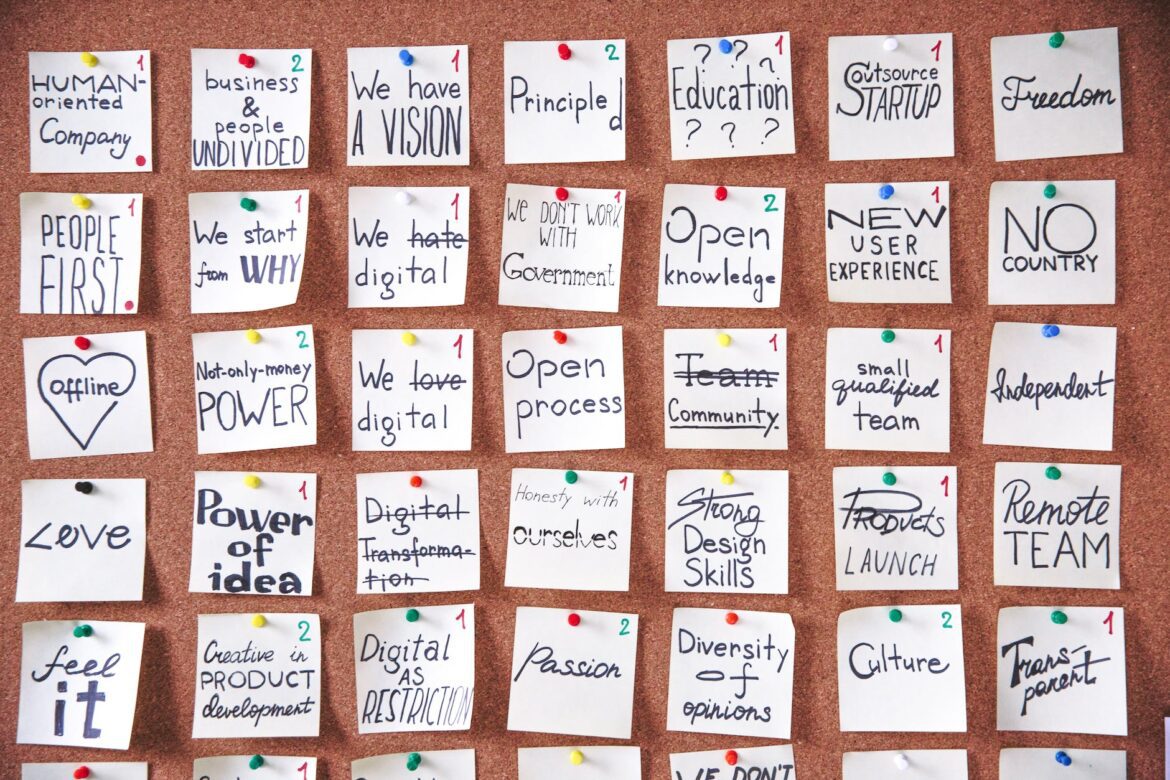Introduction
As college graduates preparing to enter the workforce, you’ll likely encounter various ethical dilemmas throughout your careers. These challenges can test your values, integrity, and decision-making skills. In this blog, we’ll explore common ethical dilemmas in the workplace and provide guidance on how to navigate them with professionalism and integrity.
1. Honesty and Transparency
One of the fundamental ethical principles in the workplace is honesty. You may face situations where disclosing information, even if it’s uncomfortable, is the right course of action. For example, if you discover a mistake in a project that could impact your company’s reputation or client’s trust, it’s essential to be transparent and report it.
2. Conflicts of Interest
Conflicts of interest occur when personal interests or relationships interfere with professional duties. For instance, if you have a close friend or family member who works for a potential client, it’s important to disclose this relationship to your employer or supervisor to avoid biased decision-making.
3. Whistleblowing
In some cases, you might come across unethical or illegal practices within your organization. Whistleblowing, or reporting such misconduct, can be challenging but is often the ethical choice. Understand your company’s policies regarding whistleblowing and follow the proper channels to report any wrongdoing.
4. Ethical Leadership
As you progress in your career, you may be faced with ethical leadership dilemmas. For example, if you’re in a managerial position and your team is under pressure to meet aggressive deadlines, you must prioritize ethical behavior over short-term gains. Upholding ethical standards sets a positive example for your team and contributes to a healthier work environment.
5. Respect and Diversity
Respecting diversity and fostering an inclusive workplace is an ethical imperative. Be aware of potential bias or discrimination issues and take steps to address them. Advocate for fairness and equal treatment of all colleagues, regardless of their backgrounds.
6. Sustainability and Environmental Responsibility
Increasingly, companies are recognizing the importance of environmental responsibility. You may encounter ethical dilemmas related to sustainability and environmental impact. Embrace eco-friendly practices and advocate for ethical choices that benefit both your organization and the planet.
7. Confidentiality
Respecting confidentiality is essential in many industries, especially those dealing with sensitive information. Be cautious about sharing company secrets, client data, or proprietary information. Violating confidentiality can lead to ethical and legal consequences.
Conclusion
Navigating ethical dilemmas in the workplace is a vital skill for college graduates entering the workforce. Upholding honesty, transparency, and ethical principles will not only contribute to your professional growth but also enhance your reputation as a trustworthy and ethical employee.









